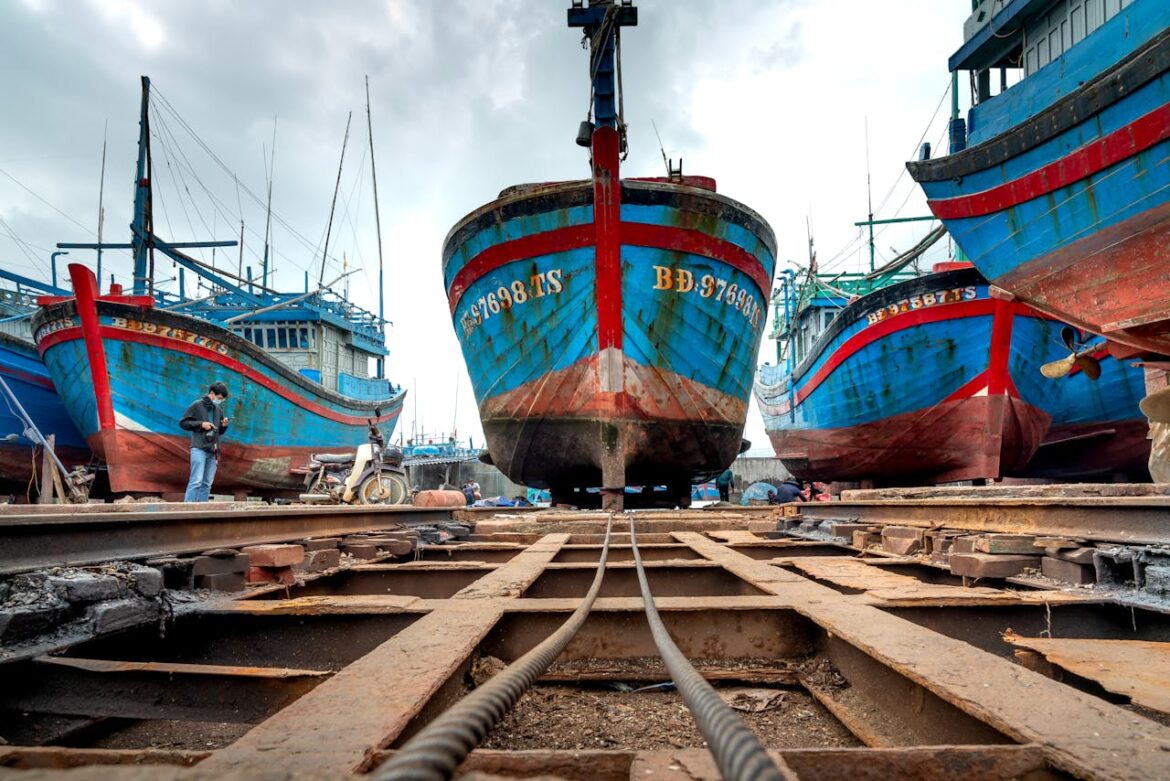Bangladesh’s ship recycling industry, one of the largest in the world, is facing renewed pressure to adopt environmentally sustainable practices as global standards for safe and eco-friendly operations tighten. The shipping adviser to the government has emphasized that yards failing to comply with green standards must either modernize or exit the business, as the country moves to align its ship recycling sector with international regulations. The industry, centered mainly in Chattogram, plays a crucial role in supplying scrap steel and other reusable materials for domestic industries, contributing significantly to the economy and providing thousands of jobs. However, concerns over environmental pollution, hazardous waste disposal, and worker safety have long plagued the sector, attracting criticism from international stakeholders. The adviser stressed that while ship recycling remains a vital industry for Bangladesh, its long-term future depends on meeting the Hong Kong International Convention for the Safe and Environmentally Sound Recycling of Ships and other global benchmarks. To support this transition, the government is planning stricter enforcement of safety protocols, improved monitoring of hazardous materials handling, and financial incentives for yards that invest in green technologies. Some progressive yards have already started upgrading their facilities with impermeable floors, proper drainage systems, and waste management units to minimize environmental impact. These steps are showing that sustainable ship recycling is achievable and can enhance Bangladesh’s reputation as a responsible global player in the maritime sector. Industry leaders acknowledge the challenges, particularly the high costs of upgrading existing infrastructure and training workers to handle ships safely while complying with environmental standards. Nevertheless, there is growing consensus that failure to modernize could lead to losing access to lucrative international markets, as many shipowners increasingly prefer yards certified for green recycling. Experts believe that adopting modern technology and following international best practices will not only improve environmental outcomes but also enhance worker health and safety, attract foreign investment, and secure long-term growth for the sector. The government is also encouraging partnerships with global organizations to gain technical expertise and funding support for this transformation. As Bangladesh aspires to maintain its position as a leading ship recycling hub, enforcing strict compliance and embracing sustainable practices are seen as crucial steps forward. The call for non-compliant yards to exit the industry sends a strong signal that future growth will depend on responsible operations, environmental stewardship, and adherence to global safety norms, ensuring that the sector remains both profitable and sustainable for decades to come.
Bangladesh Urged to Enforce Green Standards in Ship Recycling Industry
52


